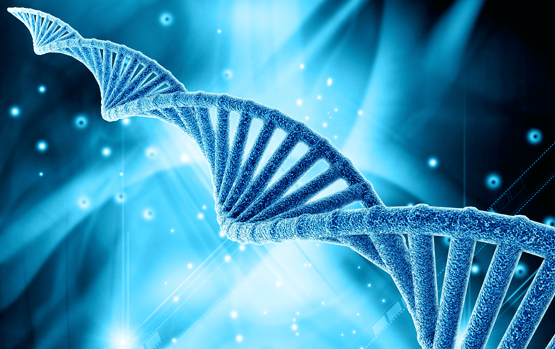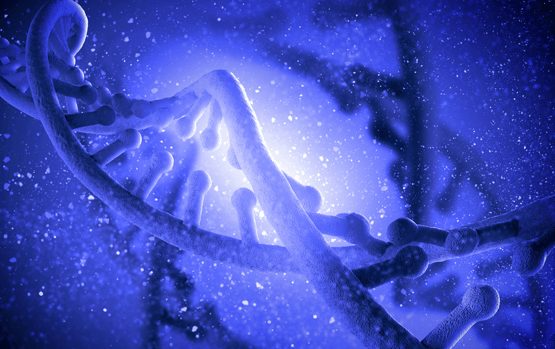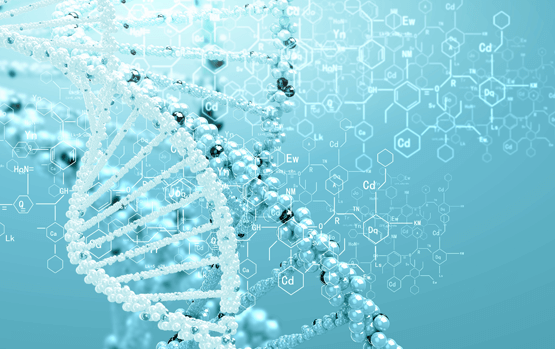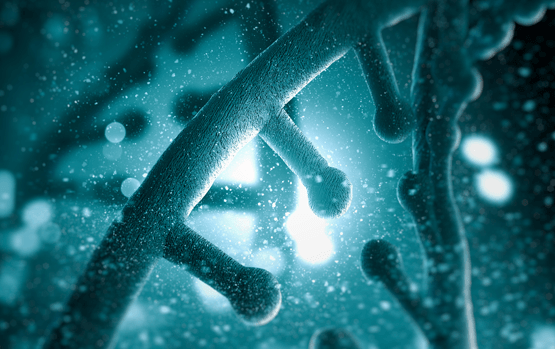Looking for answers? We can help.
Unlike many conditions that have obvious, defined symptoms well-known to physicians and the general population, X and Y chromosome variations often affect people only subtly, with mild and mysterious symptoms that are often dismissed as normal developmental variations or individual quirks. This can delay diagnosis for years, much to the frustration of those who experience them.
Being diagnosed with a genetic condition as an adult can be a highly distressing experience. But for many people, it can also come as a profound relief. Finally, they have an answer to the questions that have simmered in their lives about feeling different, with challenges that did not seem to affect other family members or their peers.
At AXYS, we also know that a diagnosis can act as a springboard to new knowledge, new perspective, and a new resolve for you to finally obtain the support you need to make the most of your life. Whether you were diagnosed just recently or years ago and are still sorting out the implications, you can always expand your knowledge base and arm yourself with new tools and approaches to addressing your condition. Over the years, we have seen countless people find their way forward and accomplish more than they thought was possible before their diagnosis.
Toward that end, the entire AXYS community stands ready to assist you in all the ways described in this website. Whether you gain knowledge from what you read here, the conversations taking place at clinics and conferences or daily on our Facebook page, or via support from our Helpline (1‑267‑338‑4262), you can rest assured that others are available and supportive of your desire to lead a productive and rewarding life.
Frequently Asked Questions
Susan’s Story
“I always struggled in school, especially in reading. But a lot of kids were in the same boat so I didn’t stand out too much. I made it through high school and even some college before I got a job. But social life was never easy for me and I carried a lot of self-esteem issues into adulthood. Finally, my doctor suggested the possibility of testing to rule out any organic causes, and I was amazed to find out I have Trisomy X. It was more a feeling of relief than anything else. A lot of puzzle pieces fell into place that day.”

Resources
Latest News & Research
Exploring the Strengths of Students with X&Y Variations
"Children with sex chromosome aneuploidies (SCAs) are often characterized in the literature by limitations and pathologies related to the genetic diagnosis. This study aimed to broaden the SCA phenotype by describing parent reported character and [...]
A Klinefelter Update for Pediatricians
"Advances in the Interdisciplinary Care of Children with Klinefelter Syndrome"—This nearly 30-page story in the journal Advances in Pediatrics is directed at pediatricians and family physicians who treat children, and who may thus come across [...]
The Triple X Syndrome Phenotype
"Expanding the Phenotype of Triple X Syndrome: A Comparison of Prenatal Versus Postnatal Diagnosis" —This cross-sectional study was published in the American Journal of Medical Genetics. It describes the diagnosis, physical aspects, medical problems, and neurodevelopmental [...]
Exploring Klinefelter Syndrome
"The Impact of Living with Klinefelter Syndrome: A Qualitative Exploration of Adolescents and Adults" — This research article examines the medical, psychological, and social challenges that arise in individuals with 47,XXY as well as providing practical [...]









